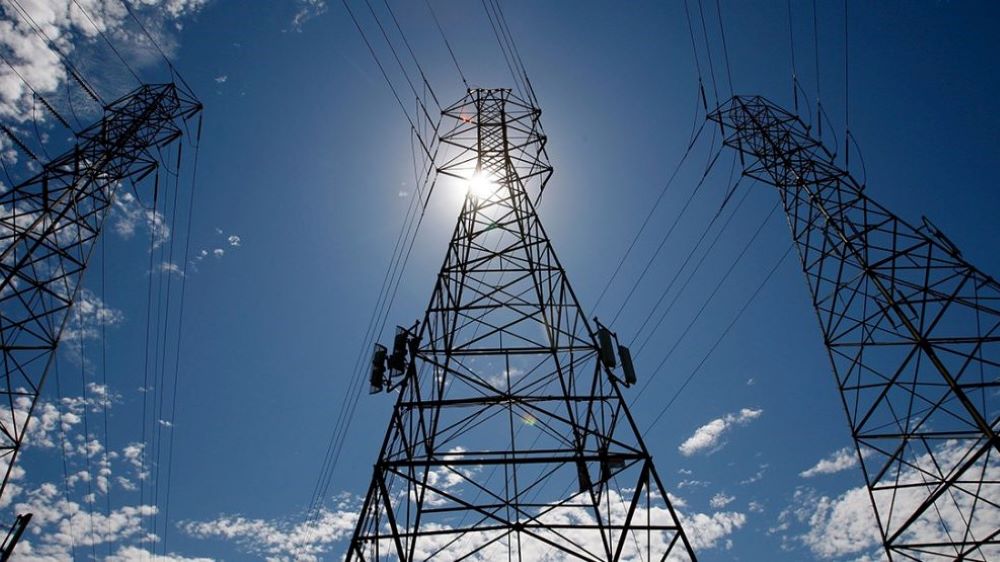If the hydrologically abundant 2018 were to have a repeat, the surplus of electric energy in Montenegro would reach as much as 800 million kWh; but if the dry 2017 were to repeat the result would be a deficit of 350 million kWh. The difference between those two scenarios is worth more than 300 million euros today.

Momir Škopelja
Concern about the coming winter is felt in Montenegro, but nowhere near as much as in Western Europe and some countries of the region, which are in a much more difficult situation due to Russian gas. The fact that Montenegro does not use gas, however, is not a reason to underestimate the energy crisis.
Many in Montenegro do not seriously acknowledge the fact that in just two years, the price on the Leipzig EEX, the largest European energy exchange, rose from €20.26/MWh to €187/MW, with a tendency for further growth even above €300 /MWh. Drastic reduction of consumption by the aluminum plant means the surplus of electricity should have reached about 500 million kWh. If the hydrologically abundant 2018 were to have a repeat, the surplus of electric energy in Montenegro would reach as much as 800 million kWh; but if the dry 2017 were to repeat the result would be a deficit of 350 million kWh. The difference between those two scenarios is worth more than 300 million euros today.
For the past ten years, Government efforts to improve energy efficiency in Montenegro have been noticeable, mainly through adoption of regulations and investments in public facilities, and much less through changes in the habits of the population. Unfortunately, things are not going very well in Montenegro.
One of the secrets to success of developed countries is saving wherever it is possible and justified. Therefore, saving energy is one of the principles that is not only incorporated into the regulations, but also implemented in practice, so over time it has become part of the daily routine. It goes without saying that citizens will be conscientious and economical. And they will not behave like this only in times of crisis, but always, because they have been taught to do so from a young age.
Encouraged by the general climate, but also by its own problems, the state company that manages the energy sector – Montenegro’s Elektroprivreda informed consumers through TV and certain news portals about the basic ways to save energy in households back in September.
Yet, no one remembers that back in 2019 the Ministry of Economy published a flyer titled Tips for saving energy in the household, which was significantly more comprehensive than the current EPCG materials.
Since there was no reaction from the state authorities, the issue of energy saving in the public sector was also raised. Based on Government orders, the National Council for the Analysis and Monitoring of Energy Supply Security prepared a proposal for certain recommendations, and the Government adopted them over a telephone (!!!) session on September 15, 2022. Too late!
It’s clear that these are only recommendations, which are not binding by nature. If the Government can only recommend a certain model of behavior to households, it can certainly order something to state-owned enterprises, state bodies and institutions. Unfortunately, that doesn’t seem likely to happen.
In addition, the recommendations refer only to electricity, while other forms of energy (liquid fuels, wood, coal) are not covered. Of course, the fact that the Program was adopted at a telephone session is also disturbing, pointing to an inadequate attitude towards this issue.
There is also the question of implementing not only the aforementioned recommendations, but also all regulations in this area. In 2019, the obligation to appoint inspectors for energy efficiency was included in the Law on the Efficient Use of Energy. Has this person been instated? You guessed it – they haven’t.
It is a well-known rule in our country that regulations are poorly enforced even when there are competent institutions; if they are not there either, any enforcement of regulations becomes a mission impossible.
All that remains is for us to look up to the sky, hope that the autumn will be rainy and that the Montenegrin hydropower plants will fill the energy holes left behind by the responsible institutions.
Momir Škopelja, founder of the Agency for Energy and as its representative participated in the establishment of the Energy Community of Southeast Europe and the Association of Mediterranean Energy Regulators



Leave A Comment